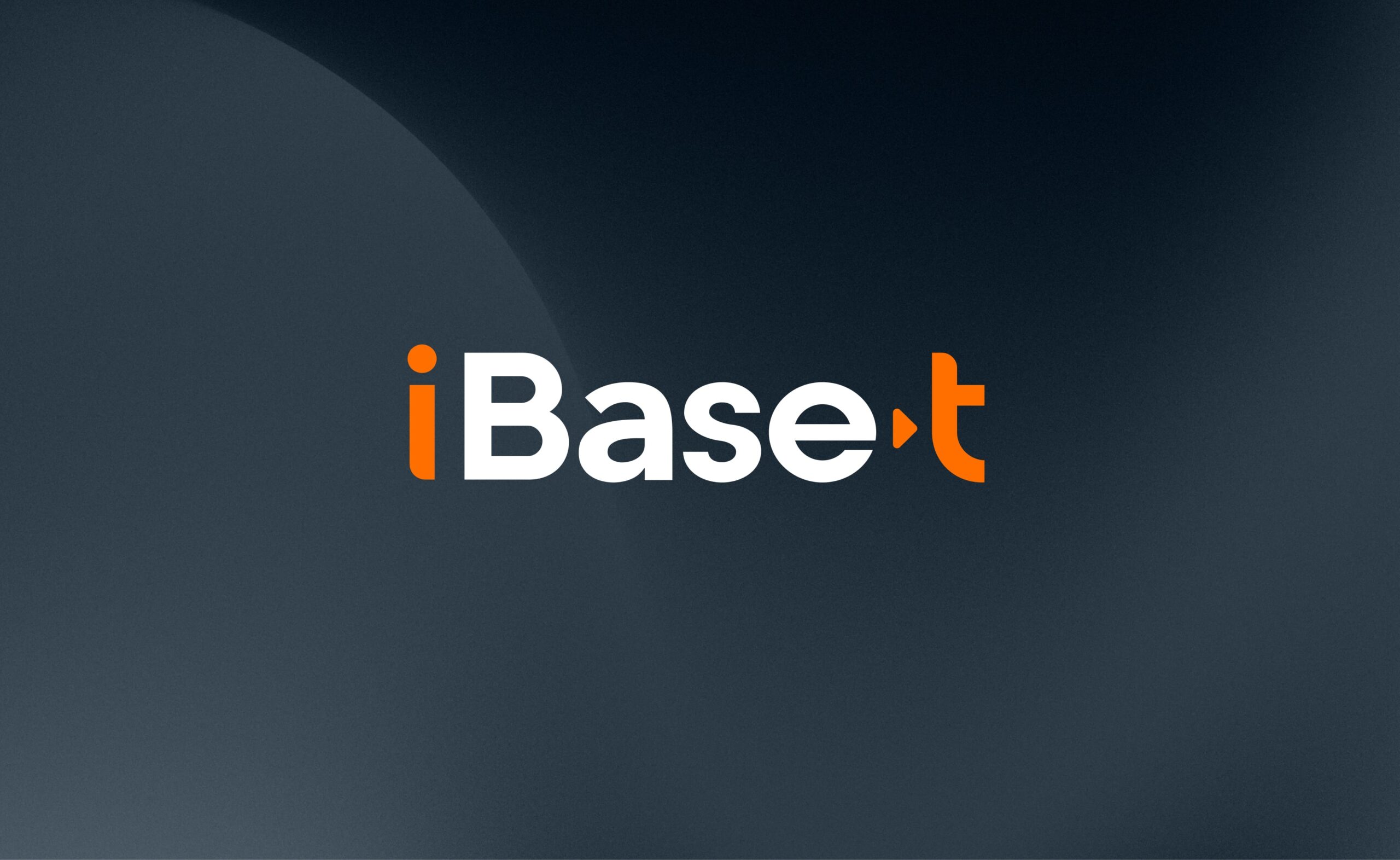Technology has been reshaping the manufacturing world in recent years. More and more companies are now adopting Manufacturing Execution Systems (MES), thanks in part to the affordability of cloud-deployed SaaS applications. There’s also a new generation of workers who grew up with digital technology and expect a smooth experience from their computer applications.
To find out how MES is evolving to meet the needs of the modern manufacturer, we interviewed Max Eitel, Product Manager for Solumina MES. He talked about the advancements in the latest release, i080, and what he sees for the future. Here is a portion of that interview.
Q: How would you summarize the latest release of Solumina MES?
It’s all about the people who use the system–making their day easier, simplifying their complex jobs and interactions. In particular, the i080 release is about the Web UI. That’s important because a lot of our customers are now moving to cloud deployment, and many are new to MES. So, there’s more demand than ever for intuitive applications. We’re constantly looking for ways to make things better for the worker, whether it’s with enhanced screens, simpler operations, or faster ways for them to get access to the right information. All these factors lead to better decisions on the shopfloor that will increase your profitability.
Q: Can you give some examples of how you simplify things for users?
Our new table view of jobs is a good example, because it’s a simple idea that has real impact for everyday users. It gives supervisors rich information about every job in the shop, all in one screen. You can filter and sort it by work center, department, or whatever. Basically, you have a complete picture of what’s going on in the shop, as it’s happening.
Another example is how people can handle sensitive data. You can export in an information-rich format that lets you put your own classification markings on the downloads, and then you can distribute them in CSV format. That’s a very important capability for our customers in the aerospace and defense sector, and for any manufacturer that handles a lot of classified information.
Q: Speaking of people, you’ve added two new roles, correct?
Yes, in addition to shop floor technicians and supervisors, we’ve added two new roles: the production control expeditor and the material handler. Solumina users sign in based on their roles, so we’re adding two new types of users who get their own out-of-the-box apps, screens, and capabilities.
The material handler is a specific application that we developed in response to customer needs. We have some complex manufacturers using frozen elements in their assemblies, and they need to transport them around the shop floor and do things like time how long they’re out of the freezer. With the material handler, they can automate the process and integrate it into MES.
The other new role is the production control expeditor. This is geared toward customers who have expansive production facilities and need to be able to quickly locate a work order. An example would be companies like Lockheed Martin. The production control expeditor would be the person responsible for physically moving orders on the shop floor and then marking those changes in the MES system. Solumina i080 lets them see where the order is at all times, which work center it was at previously, where it will be next, and so on.
Q: How does Solumina MES make it easier to move information between people?
Getting information around the shop is crucial to keep everything running smoothly. We make it easy to track, communicate, and organize work orders. For example, suppose you’re the production control expeditor and the supervisor has asked you to free up a work center to make room for a priority order coming in.
You can scan the work center code and Solumina brings up all the work orders that are active in that center. You can move jobs from one work center to another, update the locations, and notify the technicians. All by tapping a few keys on keyboard or icons on your tablet. As you can imagine, this makes it a lot easier to manage a large manufacturing plant.
Another example that everyone can relate to is getting buyoff signatures. You may need approvals at various stages of production, or the product may be sitting on the loading dock ready to go. Everything’s on hold until you get the buyoffs. We make this really simple in the iSeries. The technician can request and get buyoffs right in the Solumina screen. Those approving the buyoff have digital access to all the required information. We eliminate all the running around associated with buyoffs, and the time saved really adds up in a busy shop.
Q: How does customer feedback influence product development?
We pay a lot of attention to what our customers tell us. That’s easy to say, but it’s very true. Many of the capabilities I’ve been talking about came directly from customer requests. Most of them, actually. We’re very alert to what the customers are saying and we seek out their input. The next release of Solumina MES will have several more user-requested features as well, because we’re committed to staying at the forefront of this industry.
Solumina MES is part of a suite of digital solutions from iBase-t that simplify how complex products are built and maintained. Learn more about our MES offering, and how it meets the needs the modern manufacturer.
Here are some additional resources to help you familiarize yourself with Solumina MES.





